Here’s how stress turns us into someone else.
Do these kinds of thoughts sound familiar?
- He gets like that when he’s stressed.
- I hear she’s in a really bad mood—better hide the vodka.
- I’ve never seen him like that before—he was just so angry!
- When she gets stressed out, I try to just avoid her completely. She literally becomes a monster!
When you get to know someone well, you see all sides of a person. And this process typically includes learning about someone’s stressed self. And often, as alluded to by the aforementioned examples, one’s stressed self differs from one’s authentic self in a variety of ways. In fact, often, one’s stressed self and their authentic self bear little resemblance to one another whatsoever.
Read How You Deal With Depression, According To Your Zodiac Sign
The Biology of the Stressed Self
In an extraordinary treatise on how our evolutionary history bears on our mental health, the late neuroscientist John Montgomery* (2010) presented a simple and elegant set of ideas that can be broadly applied to understanding the psychology of stress and mental health.
In his model, he appeals to two very basic biological processes.
First, he talks about homeostasis.
Homeostasis is, simply, the drive for some system to move back to a basic and optimal resting point after being activated. Homeostasis applies to so many systems, in fact. After you’ve sprinted 100 yards, your cardiovascular system slows down and your pulse rate moves toward your resting rate.
Your respiratory system follows suit. After a long day of work that includes many cognitive actions, such as a writing computer code for an engineering project, you might find yourself needing to sit down in front of the TV and watch four straight episodes of Cobra Kai. And so forth. Biological and psychological systems strive for optimal levels of balance. This is the principle of homeostasis and it is a basic feature of the living world.
Second is fight-or-flight response
A second basic biological process that Montgomery’s model appeals to pertains to what is known as the fight-or-flight response (see Gray & Bjorklund, 2018, for a detailed description). Basically, this response (also referred to as activation of the sympathetic nervous system) corresponds to a stressed state of an organism that exists when some threat emerges in the environment of that organism.
The fight-or-flight response is very basic and tends to generalize across stressful stimuli. In short, when threatened, our bodies mobilize for action. Our heart rate and respiratory systems go on the increase, ready to fight or flee if needed. Our digestive system slows down so that we’re not suddenly finding ourselves needing a sandwich during an emergency, for instance. Our eyes dilate, allowing for optimal visual processing, and so forth. And typically when the threat is safely removed from the environment, our bodily systems, via the homeostatic mechanisms of the parasympathetic nervous system, go back to their resting states.
In effect, we can think of one’s stressed self as essentially being who that person is during a state of fight-or-flight activation.
And when someone is in such a stressed state, for any number of reasons, that person is, in important ways, actually not him or herself! When your body and behavioral systems are mobilized to address life-threatening stimuli, you become someone different. You’re not likely to just sit and joke around. You’re stressed. And this state of stress evolved for good evolutionary reasons. The fight-or-flight response literally has the capacity to mobilize behaviors that can save one’s life.
Read 6 Tips To Reduce Self-Harm In Children
The Downside of the Fight-or-Flight Response
While the fight-or-flight response, which, by the way, is very similar in humans as it is in many species, is clearly evolutionarily adaptive in one sense, it can also be very maladaptive in other senses.

The effects of chronic stress are, in fact, famously maladaptive, including a broad array of adverse physical and psychological effects. Chronic stress has adverse effects on such physical systems as the cardiovascular, reproductive, and immune systems as well as on such psychological phenomena as emotions, attentional processes, and memory. When we are in a state of stress, we literally become a different person—a person who is in a guarded state, mobilized for action against a broad number of potential threats.
In Montgomery’s words, being in such a state is essentially being in a state of survival mode. And one’s survival-mode self, or stressed self, is, in important ways, different from how that person authentically is when his or her bodily and behavioral systems are in a state of homeostasis.
Evolutionary Mismatch and the Stressed Self
In an important extension of Montgomery’s model, he talks about how modern living conditions actually have the effects of increasing stress for various reasons. Modern conditions, in important ways, are mismatched from ancestral conditions that surrounded human evolution (see Geher & Wedberg, 2020). Under modern conditions, we now have such mismatches as:
- Increases in interactions with strangers as opposed to kin and other familiar others
- Increases in deindividuated (anonymous) communication with others
- Cyberbullying and other adverse outcomes associated with social media
- Heightened exposure to images of others with ideal bodies and lives
- Increased exposure to unhealthy foods
- Less time in nature
- Less time spent with extended family members
- … and more …
While the modernization of the human experience has brought lots of great things, it has brought all kinds of new stressors along for the ride. This fact can partly help us understand why mental health problems are, proportionately, consistently found to be higher in relatively industrialized areas (see Srivastava, 2009).
From the perspective of Montgomery’s model, this large-scale introduction of novel stressors in the modern world likely is having the effects of making it so that a higher proportion of people these days are finding themselves in survival mode or, in other words: We’ve got a world full of people who are their stressed selves more often than they are their authentic selves.
Read How Do I Know If a Therapist is Right For Me? 10 Signs
Understanding Others When They are Stressed
When someone you know is “in a mood,” you might not want to bother with them. You might try to avoid them. You might not understand them. You might be angry at them. You might be annoyed with them. This all makes perfect sense because we generally want those who are around us to be pleasant and easy to get along with.
But when someone is in a state of stress, and is, thus, actually his or her stressed self instead of his or her authentic self, that person is, in a very important sense, in an altered state of functioning. This is why it is so often difficult to reason with, laugh with, or get along with someone when they are in a state of stress—even if it’s someone you’ve known your whole life.
Clearly, people vary in terms of stress reactivity, with some people being more reactive to stressful stimuli than others are. But, this said, each of us has a sympathetic nervous system and each of has the capacity to have our selves pushed to being our stressed selves.
Realizing when someone in our world is in a stressed state can go a long way toward helping us deal with and understand that person. In such moments, helping to reduce that person’s stress might be more useful than trying to reason with that person, for instance.
Read 7 Negative Mindsets That Undercut Your Mental Strength and Resilience
Knowing Your Own Stressed Self
Stress reduction is big business in the western world—and for good reason. Unhealthy ways of dealing with stress account for all kinds of problems. People might eat or drink too much. They might gamble away their paycheck. They might make unwise sexual decisions that they are sure to regret at a later point. They might engage in social conflict with others, leading to injured social connections. And more.

Stress relief comes in various forms, including meditation, yoga, and physical activities such as cycling or running (my personal favorite!) on one hand to psychotherapy and psychopharmaceuticals designed to help people calm down on the other.
Look, as Montgomery’s model indicates, while stress levels vary in degree, we all get stressed. And living in the modern world doesn’t always help. Realizing when we are in a state of stress and are not really our authentic selves (in other words, realizing when we are in a state of heightened sympathetic nervous system activity, for whatever reason) can go a long way toward helping us better understand and control our own actions in healthy and beneficial ways.
Bottom Line
Humans evolved to react to stress in ways that helped our ancestors survive and, ultimately, reproduce. So there is something quite adaptive about how we respond to stress. On the flip side, our evolved stress responses literally change our behaviors in important ways, with our often-difficult stressed selves at times bearing little resemblance to our authentic selves (more typical of who we are when our bodies are in a state of homeostasis).
John Montgomery’s (2010) model of how we can use evolutionary principles to understand how stress changes people’s very essence is powerfully rooted in basic biological principles and it has dramatic implications for how to get along in the modern world that surrounds us. Want to understand how to live less stressful and more authentic lives? An evolutionary understanding can help.
*Dedication and Backstory
One day in about 2013, a humble middle-aged man walked into my office during office hours and he introduced himself as John Montgomery. He said he was a fan of my work on applying evolution to behavior and was interested in collaborating with me on research. I quickly found out that he had a PhD in neuroscience from Cal Tech and, simply, was about as bright as anyone I’d ever met. I gladly welcomed him to join our research team.
One day, he gave me a copy of a book he’d written titled, simply, The Answer Model. As most people who know me well know, I often don’t have time to read books beyond whatever I’ve got to read for my classes and research. But I accepted the book and thanked him.
That night I read the book and could not put it down. I was pleasantly surprised by how well the book summarized basic principles of evolutionary psychology. I also loved how simple and readable the book was. But what was most powerful to me was the description of the model of mental health that I describe (as best I can) in this blog post. Wow! I thought. It is such a powerful integration of biological ideas that bear on human behavior. And it makes so much sense!
Humans evolved, like any organisms did, to move toward homeostasis. And when we find ourselves out of balance, quite literally, we become stressed. And nearly all psychological and emotional issues that we can think of follow from this simple, elegant, and evolutionarily informed model.
John eventually teamed up with clinical psychologist Todd Ritchey to offer a form of therapy based on the ideas that follow from this model. Quite powerful, in fact. Many people have benefited from this work.
John was a joy to work with over the years as a collaborator and friend. You can only imagine how my heart sunk when I found out that he’d passed away in spring of 2019. He was way too young to die and had so much more to offer the world.
John was also a Psychology Today blogger, and you can find his posts, mostly related to the model that I present in this post, here, at The Embodied Mind.
This post is dedicated to my friend Dr. John Montgomery, who was, very quietly and humbly, a true trailblazer in the field of evolutionary clinical psychology.
References 1. American Psychological Association. (2018, November 1). Stress effects on the body. http://www.apa.org/topics/stress-body 2. Geher, G. & Wedberg, N. (2020). Positive Evolutionary Psychology: Darwin’s Guide to Living a Richer Life. New York: Oxford University Press. 3. Gray, P., & Bjorklund, D. (2018). Psychology. New York: Worth. 4. Montgomery, J. (2010). The Answer Model: A New Path to Healing. TAM Books. 5. Shrand, J. (2015). Do you really get me? New York: Hazeldon. 6. Srivastava, K. (2009). Urbanization and mental health, Industrial Psychiatry Journal, 18, 75-76.
Written by: Glenn Geher Originally appeared on: Psychology Today Republished with permission.



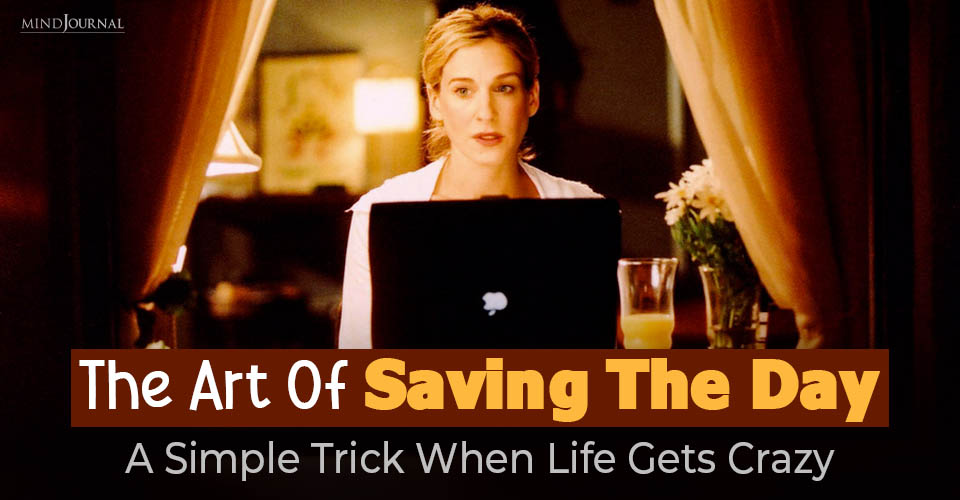
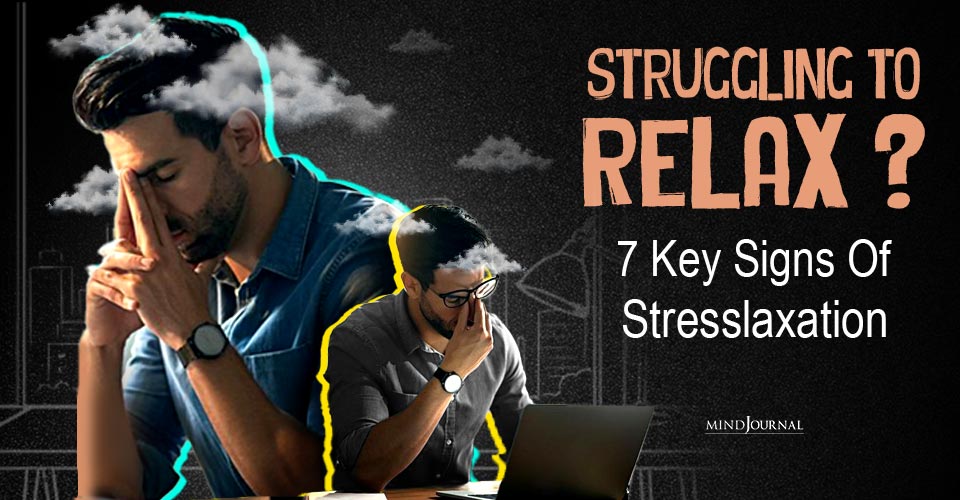

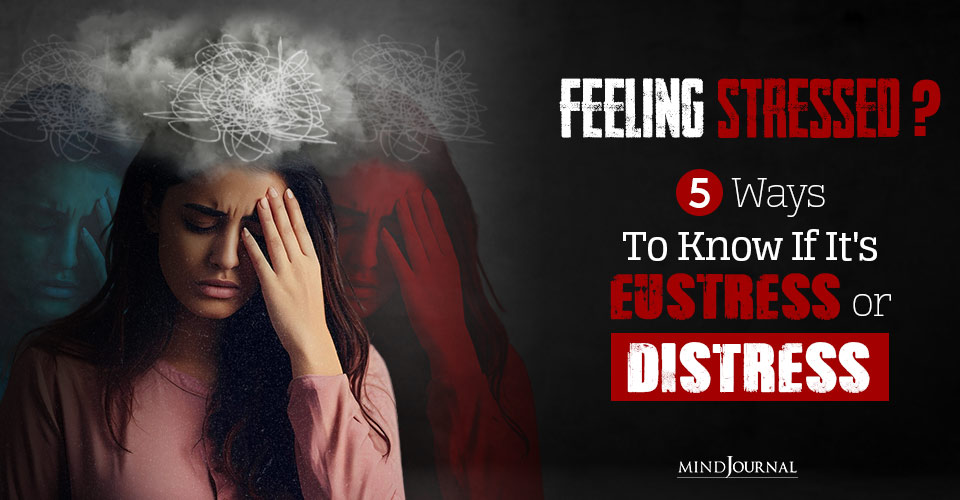
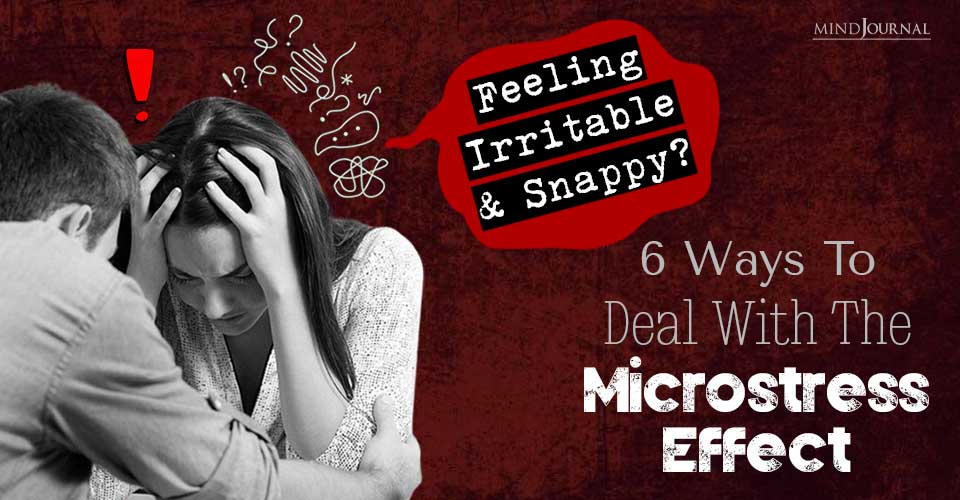
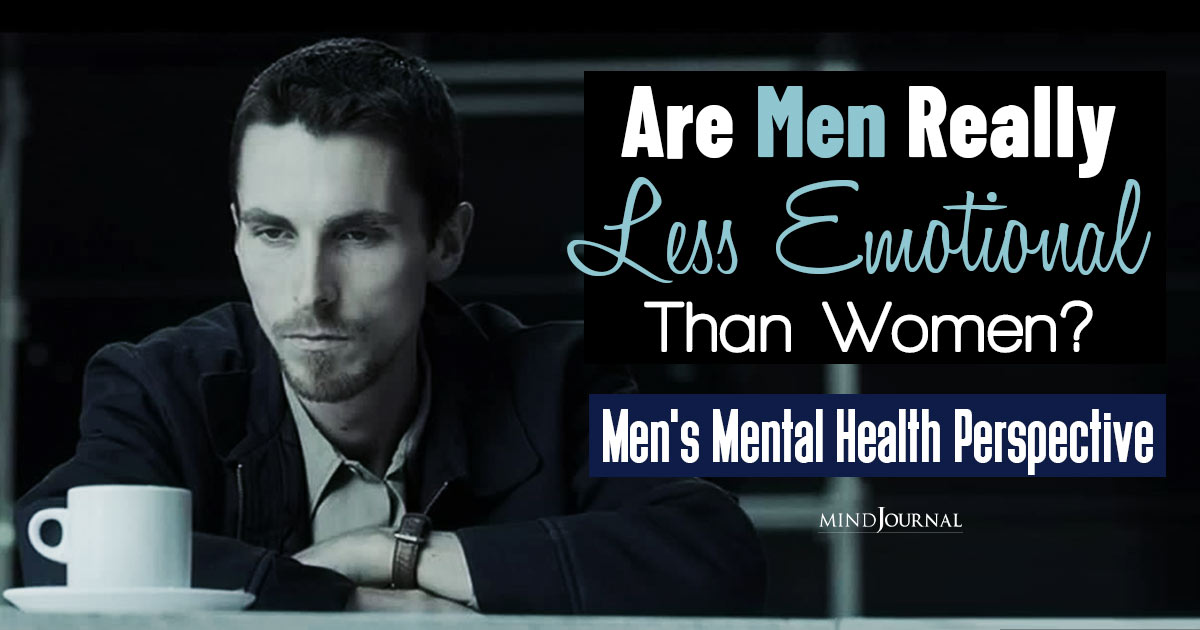

Leave a Reply